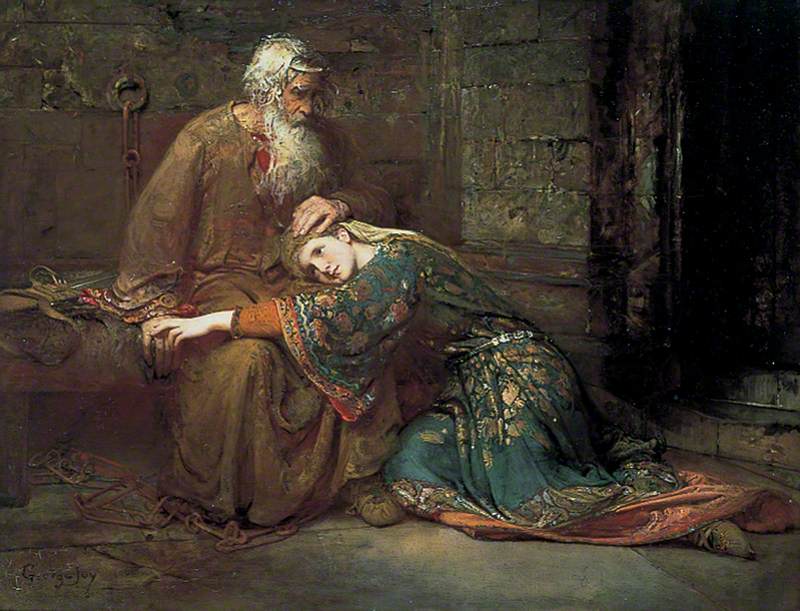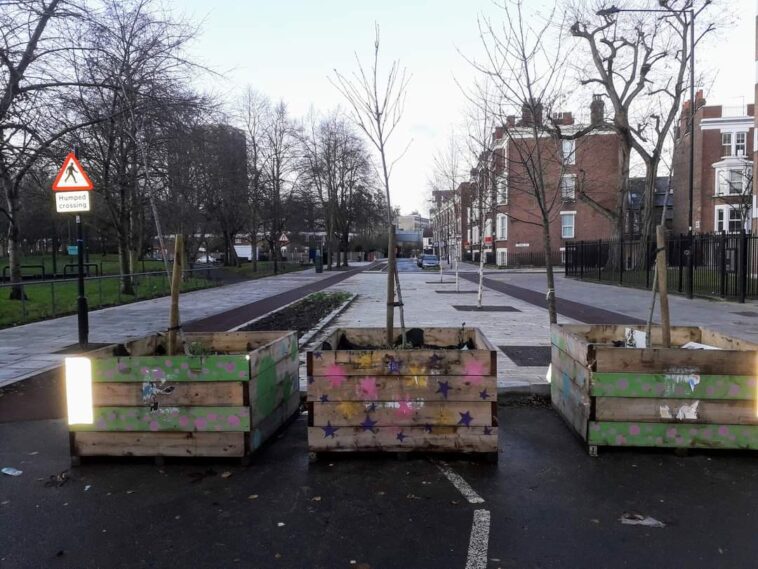Below is an explainer on why we need a reset on Liveable Streets, the controversial LTN program in Tower Hamlets. Dividing communities and damaging TH Labour.
“Nothing will come of nothing.”
– King Lear (Act I, Scene I)
Once upon a time, there was an idea called local streets for local people
Everybody wants clean, greener and quieter streets. Where rat runs and through traffics are reduced, and local side streets are reserved for the traffic generated by locals. So when the 2018 Tower Hamlets Labour Party manifesto, stated the above, it did not bat an eyelid and was hardly mentioned in any of the election campaigns. As Labour candidates, we all signed up to the concept of local streets for local people, where local residents will have the final say in the use and make up of their neighbourhood streets. But none of us signed up to what is now the most divisive policy in the history of Tower Hamlets, pitting communities and residents against their local council.
Tower Hamlet’s version of Brexit, and the local Tower Hamlets Labour Party own ‘Red Wall’ problem, Liveable Streets.
The reality of Liveable Streets: Dividing communities and damaging Labour
Liveable Streets, in the manner in which the consultation has been carried out and the way it has been implemented, has resulted in a loss of trust between the administration and the communities in which it claims to govern on behalf. Vulnerable socio-economic groups have been adversely affected, which is a borough with a 60% child poverty rate means a majority of residents.
A petition signed by over 2,000 local residents from Whitechapel asking for allegations of racial discrimination by the Council contractor, PCL Consult to be investigated, citing the McPherson principles, was gaslighted in a council debate as climate change denial. Leading to an open letter signed by over 1,000 residents against their local Labour councillors lead to the program being cancelled in Whitechapel.
Another open letter, citing similar allegations in the Weavers and Bethnal Green Liveable Streets, was also ignored. So when a by-election on Weavers Ward was scheduled, the entire campaign was dominated by Liveable Streets. Leading to a landslide defeat of Labour, and the independent winner of the election citing Liveable Streets as the factor in his victory speech.
So why is the administration so determined to push Liveable Streets through? Even in the face of determined local opposition?
“I am a man
More sinned against than sinning.“
– King Lear (Act 3, Scene 2)
Chasing the Dragon: The elusive Green, Lib Dem and Labour Electoral Coalition
In every election cycle, the goal of a candidate is to create an electoral coalition to give them a winning coalition. When the policy was first drafted, it made sense in terms of the local Labour Mayoral candidate in Tower Hamlets to pursue Green and Lib Dem votes in terms of preferential votes to give them the 51% needed under the Supplementary Vote System.
Given the recent announcement by the Home Secretary to regularise all elections with the First Past the Post system, means that those votes that were supposed to come to Labour from the Greens and Lib Dems in pursuit of this policy will stay with them.
So in effect, Liveable Streets was the wrong policy for the wrong electoral system. Instead, it has alienated traditional Labour voters, working-class communities who rely on the car as a means of income from the local party. At the same time the second preferences it was designed to garner, due to the change of the Mayoral electoral system to first past the post, will remain with the Lib Dems and the Greens. The worst of all possible electoral outcomes.
So what do we do now? What options do we have?
“I fear I am not in my perfect mind.”
– King Lear, (Act 4, Scene 7)
A Reset on Liveable Street, what does it mean?
A Reset on Liveable Streets will enable us to keep the baby while throwing out the bathwater. We all want cleaner, safer, greener streets. But not to the detriment of local residents.
- A halt of the rollout and consultations on Liveable Streets, allowing for a wide-ranging review.
- On consultations, replace PCL Consult with Council staff who are experienced in working with residents, stakeholders and communities with protective characteristics.
- Full Equality Impact Assessments to be carried out, to include all residents impacted by schemes and not just those within the Low Traffic Neighbourhoods. For example, many of our social housing estates are on main roads, which will take on increased displaced traffic.
- No permanent change to road infrastructure and physical road blocks such as planters etc, We must keep all routes available for emergency access and also local refuse and bus services etc (for example the Skew Bridge and the lack of a Local fire station in Bow East where we have13 Residential Skyscrapers is a prime example now we rely on Bethnal green fire service, If Roman road sees one incident the residents here are literally toast! Old Ford Rd must be kept open if it requires policing with ANPR that could be acceptable to allow less traffic and encourage cycling, but it must be kept open for emergency vehicles.)
- Resident exemption, the party manifesto pledged just to remove the 51% rat running traffic, that’s what needs to be addressed first, and then we can revisit this if it does not tackle the issue. ANPR again could be used to police this.
- Any measures must be taken with full resident input, do away with biased and targeted vested interest consultants and consultations, fully independent review and gathering of opinion and evidence from all corners of local society.
- Traffic displacement in inner cities is just not an option, we must be bold in ambition and schemes that give greener and fairer outcomes for all, schemes that are linked to ability to pay rather than blanket charges which affect those most in need and vulnerable.
For the sake of community cohesion, as a means of restoring trust between residents and the Council, we need a reset of Liveable Streets. If we don’t then the consequences, as we have seen with Brexit, would be lasting bitterness and division. Eroding faith in political institutions, creating a vacuum and giving an opportunity to populist political forces.
“When thou dost ask me blessing, I’ll kneel down
And ask of thee forgiveness.”
King Lear (Act 5, Scene 3)

Further Information – Video Discussion on a Reset on Liveable Streets with Cllr Andrew Wood
https://purumiah.com/why-we-must-need-a-reset-on-liveable-streets/
Part Two – Will Aspire Party step up?
Part Three – The Afghan refugee crisis
Part Four – Is German local government better than ours?





Recent Comments